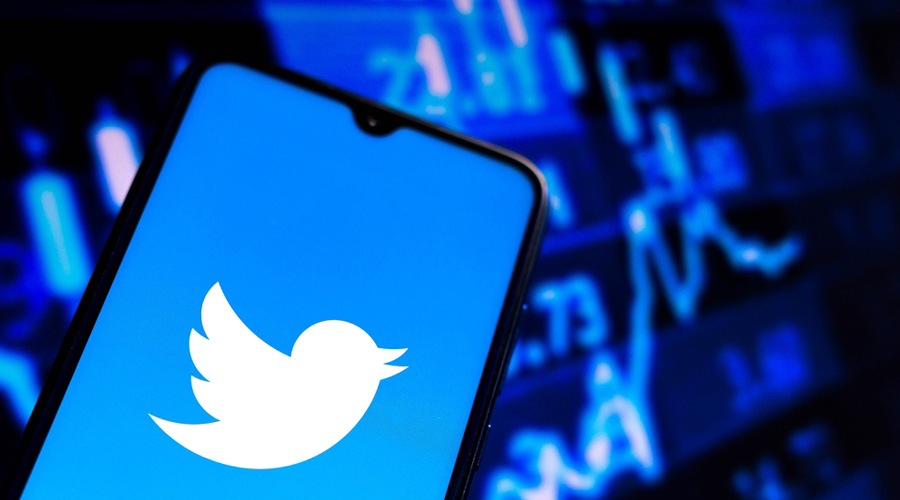Anonymity is a troubling concept. In its affidavit against Twitter’s petition in the Karnataka High Court, the Centre said that anonymity was not a right bestowed by the Constitution. Although the battle between the social media platform and the Narendra Modi-led government began last year, the present bone of contention comprises unverified, anonymous and untraceable accounts. Twitter was asked to take these down as they could represent anti-India or seditious elements, posting fake news to threaten the sovereignty, security and public order of the country or to incite hatred between communities in order to destabilise it. The government, however, could be asked whether misinformation or incitement would be acceptable if the Twitter handle were identifiable. Since Bharatiya Janata Party leaders — not least the prime minister — and spokespersons of sibling outfits relied heavily on Twitter to spread their word, not always full of love and the milk of human kindness, who was to decide which messages were harmful? One of Twitter’s arguments was that the handles being targeted were not of the kind that the Information Technology Act condemned. But that was just what the company claimed.
These subjective — and interested — approaches obscure the questions around anonymity. Protests or criticism from unnamed sources may be prompted by fear of disproportionate reprisals: by shutting down such tweets, the government would gain its desired silence. More complicated is the relationship of anonymity with privacy. Privacy, related to autonomy, was ruled to be a fundamental right by the Supreme Court in 2017. Whether anonymity can be claimed as a right or not would depend on the way the manifestations of privacy are understood, legally and ethically. The Information Technology (Intermediary Guidelines and Digital Media Ethics Code) Rules, 2021 allow the government to order social media platforms to trace the originator of misinformation. That could be perceived as a violation of privacy and, indirectly, an attack on the freedom of expression. The government’s sensitiveness owes to its own experience of the power of platforms such as Twitter; it would perhaps like to ensure that such power is not used against itself. Can criticism hurt a country’s sovereignty? The government, though, is silent about those who might really threaten its security — an unnameable neighbour, for example. Should a strong and silent government pay attention to anonymous tweets?










